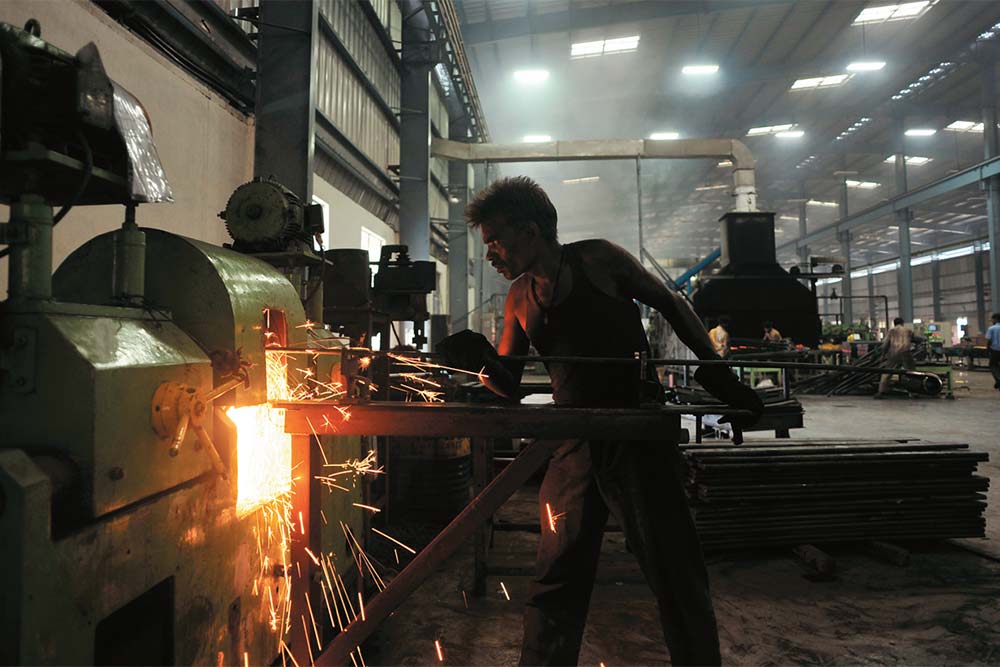Small businesses are in big trouble. With the global economy in a slump, exports have dried up for small and medium enterprises (SMEs). On the domestic front, too, order flow has been hit, with large manufacturing firms, to which SMEs supply, stopping purchases. Banks and term lending institutions like Small Industries Development Bank of India (Sidbi), the main providers of credit to SMEs, are now stopping credit. Smera, a SME-focused rating agency, believes that falling sales, rising labour costs and a stretched working capital cycle are to be blamed. “On the export front, leather and textile industries have been hardest hit, though a rising dollar has partially offset falling sales volumes,” says Umesh Nihalani, Head, Financial Sector Ratings, Smera. On the domestic front, high credit costs and poor order flows are an issue. SME ratings have nose-dived because of term loan repayment delays and drawing limits having reached peak levels, he adds.
Funding is still a concern, with escalating borrowing and labour costs impeding growth and new capital expenditure. Says RK Das, GM, Sidbi, “The working capital requirements needed from banks is dependent on the turnover of SMEs. Many SMEs have seen their turnover fall owing to the current mess. Thus their funding needs have fallen too.” Sidbi had set itself a target of 25% growth in credit disbursement in FY12, which clearly is in danger of falling short. Das points out that while RBI data indicates that credit disbursals to SMEs have climbed by 30%, a large section of SMEs has been left out. In fact there has been an increase in the number of stress accounts (a loan unpaid for 45 days, as opposed to 90 days in case of large accounts, which makes it an NPA) of SMEs. Das elaborates, “Many SMEs are turning to last option sources of financing like private lenders, friends and family.”
So, in this clouded scenario, is there a silver lining on the horizon? Not until there is an improvement in the macroeconomic environment and till borrowing costs head lower, feels Smera. Now, who was it who said small is beautiful?









